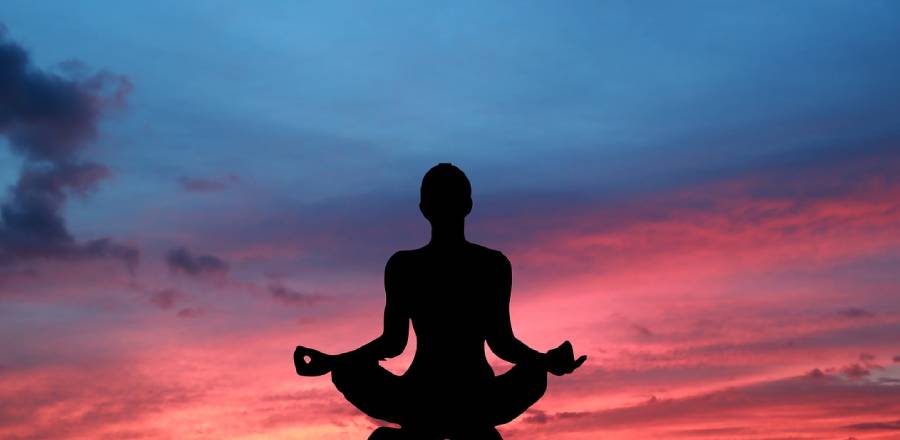Are you feeling stressed out and exhausted from your daily routine? If so, it’s time to give your body the break it deserves. Relaxation is key to maintaining a healthy and happy life. In this article, we will provide you with 15 tips on how to relax your body and reduce stress.
Table of Contents
Table of Contents
- Introduction
- What is Relaxation?
- The Benefits of Relaxation
- Mental Relaxation Techniques
- Physical Relaxation Techniques
- Relaxation Exercises
- Sleep for Relaxation
- Healthy Diet for Relaxation
- Hydration for Relaxation
- Nature for Relaxation
- Music for Relaxation
- Reading for Relaxation
- Yoga for Relaxation
- Meditation for Relaxation
- Conclusion
- FAQs
Introduction
In today’s fast-paced world, stress has become a part of everyday life. We are constantly bombarded with pressure from work, family, and other obligations. All of this stress can take a toll on our mental and physical health. Relaxation is the key to reducing stress and maintaining a healthy lifestyle. In this article, we will provide you with tips on how to relax your body and reduce stress.
What is Relaxation?
Relaxation is the act of reducing stress and tension in the body and mind. It involves calming the mind and body and releasing stress and anxiety. Relaxation is important for maintaining a healthy lifestyle and reducing the risk of stress-related illnesses.
The Benefits of Relaxation
Relaxation has many benefits for the body and mind. It can help reduce stress and anxiety, lower blood pressure, improve sleep, boost the immune system, and promote overall well-being. Relaxation can also help improve focus and productivity, making it easier to tackle daily tasks.
Mental Relaxation Techniques
- Deep breathing: Take deep breaths and focus on inhaling and exhaling slowly.
- Visualization: Picture a calming scene in your mind, such as a beach or forest.
- Mindfulness: Focus on the present moment and pay attention to your thoughts and feelings without judgment.
Physical Relaxation Techniques
- Massage: Get a professional massage or use a massage ball or foam roller at home.
- Warm bath: Take a warm bath with Epsom salts to relax your muscles.
- Stretching: Practice gentle stretching exercises to release tension in your muscles.
Relaxation Exercises
- Progressive muscle relaxation: Tense and relax each muscle group in your body one at a time.
- Tai chi: Practice slow, gentle movements to promote relaxation and balance.
- Qi gong: A form of Chinese meditation that combines breathing and movement.
Sleep for Relaxation
Getting enough sleep is crucial for relaxation and overall health. Aim for 7-8 hours of sleep per night and create a relaxing sleep environment.
Healthy Diet for Relaxation
Eating a healthy diet can help reduce stress and promote relaxation. Avoid processed foods and sugar, and focus on whole, nutrient-rich foods.
Hydration for Relaxation
Drinking enough water is important for relaxation and overall health. Aim for at least 8 glasses of water per day.
Nature for Relaxation
Spending time in nature can help reduce stress and promote relaxation. Take a walk in the park, go for a hike, or spend time gardening.
Music for Relaxation
Listening to calming music can help reduce stress and promote relaxation. Create a playlist of calming songs or listen to nature sounds.
Reading for Relaxation
Reading a good book can be a great way to unwind and relax. Choose a book that interests you and take the time to immerse yourself in the story.
Yoga for Relaxation
Yoga is a great way to reduce stress and promote relaxation. It combines breathing exercises, gentle movements, and meditation to calm the mind and body.
Meditation for Relaxation
Meditation is a powerful tool for reducing stress and promoting relaxation. Find a quiet place to sit or lie down and focus on your breath or a calming phrase.
Conclusion
In today’s fast-paced world, stress is a common problem that can lead to serious health issues. Relaxation is key to reducing stress and maintaining a healthy lifestyle. By practicing these 15 tips for relaxation, you can improve your mental and physical well-being and enjoy a stress-free life.
FAQs
- What is the best time to practice relaxation techniques?
- You can practice relaxation techniques anytime, but it’s best to do them when you feel stressed or before bed.
- Can relaxation techniques help with anxiety?
- Yes, relaxation techniques can be an effective way to reduce anxiety and promote calmness.
- How long should I practice relaxation techniques?
- Aim to practice relaxation techniques for at least 10-15 minutes per day.
- Is it necessary to use all the relaxation techniques mentioned in the article?
- No, you can choose the techniques that work best for you and incorporate them into your daily routine.
- Can relaxation techniques replace medical treatment for stress-related illnesses?
- Relaxation techniques can help reduce stress and promote well-being, but they should not replace medical treatment for stress-related illnesses. Consult with your doctor if you have any concerns about your health.





